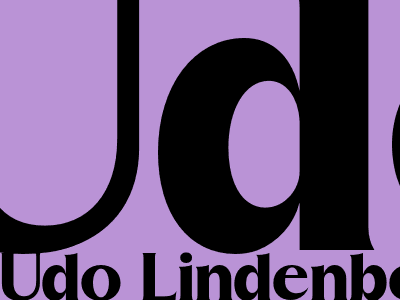
Udo Lindenberg - Censorship Madness: Language Police Messing with "Sonderzug nach Pankow"
Background and Context
The legendary German rock musician Udo Lindenberg has recently found himself in the crosshairs of a censorship debate due to a performance of his iconic song "Sonderzug nach Pankow." During a recent concert, parts of the lyrics were altered, sparking public outrage and reigniting discussions about freedom of expression in Germany.
The Alterations
The changes to the lyrics were made during Lindenberg's performance at the Elbphilharmonie in Hamburg. A verse that originally contained the line "Keine Macht für Niemand" (No Power to Anyone") was modified to "Keine Macht den Faschisten" (No Power to the Fascists"). This alteration sparked immediate controversy, with many expressing concerns about the implications of such censorship on artistic freedom and the broader cultural landscape.
Response from Udo Lindenberg
Udo Lindenberg has vehemently denounced the alterations, stating that they were made without his knowledge or consent. He has also expressed concern about the potential impact of such censorship on other artists and the freedom of expression in general. Lindenberg's stance has resonated with fans and supporters who are concerned about the slippery slope that censorship creates.
Public Outcry and Debate
The censorship of Udo Lindenberg's song has ignited a firestorm of public outrage. Many have taken to social media and public forums expressing their support for Lindenberg and condemning the censorship. Critics argue that altering the lyrics of a classic song undermines the integrity of the artwork and sets a dangerous precedent for future censorship.
Implications for Freedom of Expression
The debate surrounding the censorship of "Sonderzug nach Pankow" has far-reaching implications for freedom of expression in Germany. It raises questions about the role of the state in regulating artistic content, the boundaries of acceptable speech, and the potential for self-censorship among artists. The outcome of this debate will likely have a significant impact on the cultural and political landscape of the country.
Conclusion
The censorship of Udo Lindenberg's song has sparked a complex and multifaceted debate about freedom of expression in Germany. While some have defended the alterations as necessary to combat hate speech, others have expressed concerns about the potential for censorship to stifle artistic expression and undermine fundamental freedoms. The outcome of this debate will likely have a profound impact on the cultural and political landscape of the country, and it remains to be seen how this issue will ultimately be resolved.